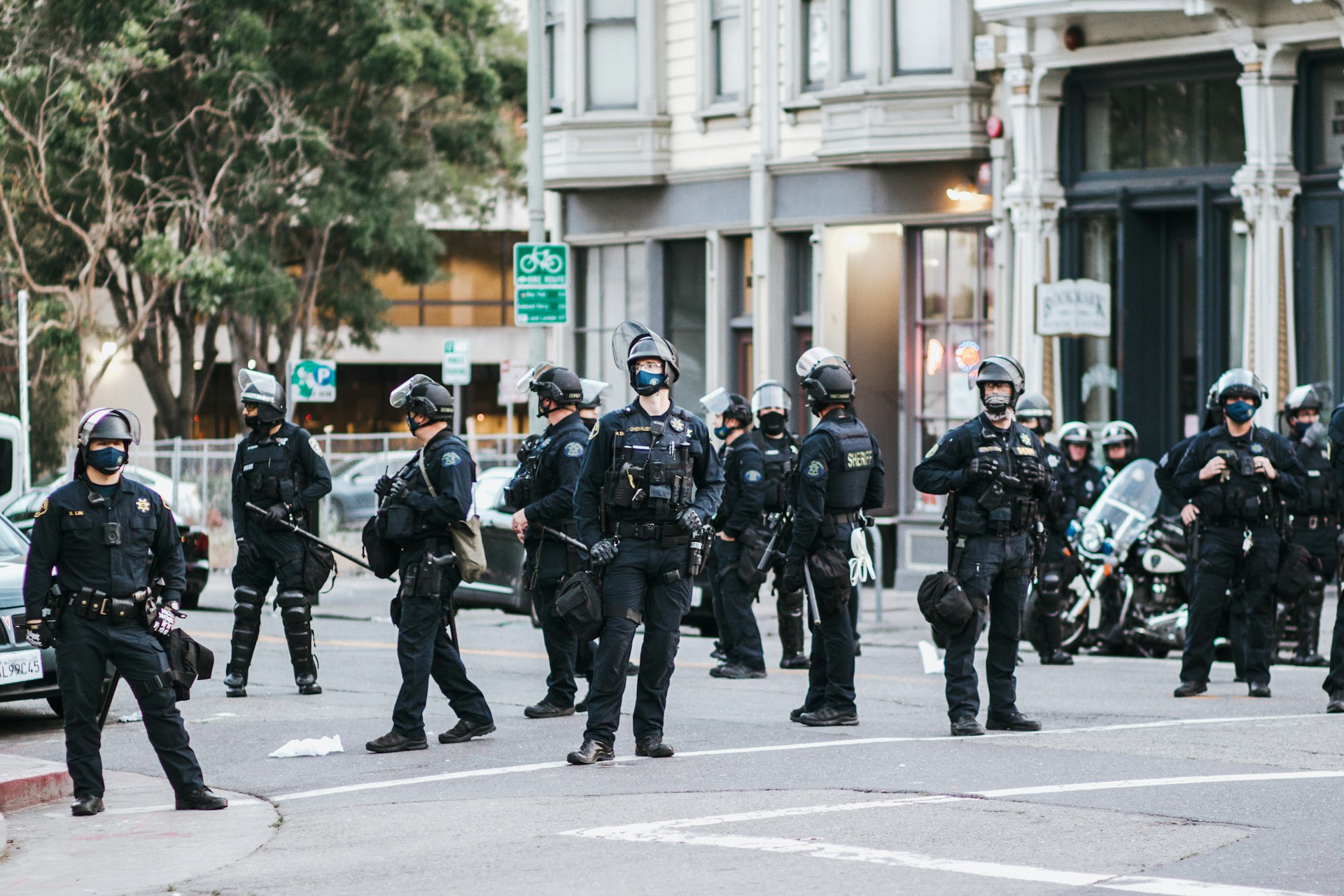In a tense and violent incident near the Israeli embassy in Jordan, a gunman was shot and killed by police after he opened fire on a police patrol in the Rabiah neighborhood of Amman, the country’s capital. Three police officers were injured during the exchange of gunfire.
Details of the Incident
The shooting occurred on Sunday morning, prompting a swift response from security forces in the area. According to the state-run news agency Petra, a gunman fired at a police patrol near the embassy complex, which is situated in a heavily protected area of the capital. Police returned fire, fatally wounding the attacker. The injured police officers were immediately transported to a nearby hospital. Their conditions have not been fully disclosed, but initial reports suggest that they sustained non-life-threatening injuries.
Jordan’s government communications minister, Mohamed Momani, quickly labeled the incident a terror attack, emphasizing that the assault targeted the country’s public security forces. In a statement, Momani confirmed that investigations were underway to determine the motives behind the attack, and security forces were continuing their search for any additional suspects.
Location and Tensions
The shooting took place in the Rabiah neighborhood, an area well-known for its proximity to the Israeli embassy and a frequent site of protests and demonstrations. This neighborhood has long been a focal point of anti-Israel sentiment in Jordan, particularly in the wake of the ongoing war in Gaza. Over the past month, Jordan has witnessed some of the largest anti-Israel protests in the region, with many Jordanians voicing their frustration over the conflict and the treatment of Palestinians. Many of Jordan’s citizens are of Palestinian origin, and the longstanding Israel-Palestine conflict remains a deeply sensitive issue within the kingdom.
Jordan’s peace treaty with Israel, signed in 1994, has long been a point of contention among many in the country. While the treaty has allowed for diplomatic and economic relations between the two nations, many Jordanians, particularly those of Palestinian descent, view the normalization of ties with Israel as a betrayal of the Palestinian cause. These tensions have been exacerbated by recent events in Gaza, where violence has escalated significantly, prompting strong emotions and public outcry in neighboring Jordan.
Security Response and Investigation
Following the shooting, the area surrounding the embassy was cordoned off by security forces. Witnesses reported seeing heavily armed police units and ambulances arriving at the scene. Local authorities urged residents in the area to stay inside as police conducted searches for any other individuals potentially involved in the attack. There were also reports of increased security measures around key government buildings in the city, including the embassy.
The Broader Context
The incident adds to a growing atmosphere of unrest in the region, where the Israeli-Palestinian conflict continues to spill over into neighboring countries. Jordan, which is home to a significant population of Palestinian refugees, remains deeply divided over its relationship with Israel, particularly as the conflict in Gaza has intensified. While the government has worked to maintain diplomatic ties with Israel, public opinion in Jordan is increasingly hostile toward the Israeli state. This has been reflected in widespread protests, with many Jordanians expressing solidarity with Palestinians and calling for an end to Israel’s military operations in Gaza.
The shooting near the Israeli embassy underscores the ongoing volatility in the region, where tensions over the conflict continue to manifest in acts of violence and civil unrest. The attack on security forces is seen as a stark reminder of the fragile peace that exists in parts of the Middle East, and the challenges faced by governments in balancing domestic sentiment with international diplomacy.
Conclusion and Ongoing Investigations
As investigations continue, Jordanian authorities have not yet provided further details on the gunman’s identity or any potential connections to broader militant groups. The government has vowed to continue its efforts to ensure the safety and security of both its citizens and diplomatic missions within the country. However, with tensions running high and anti-Israel sentiments at the forefront of public discourse, incidents like this shooting may become more frequent as the broader regional conflict continues to unfold.
The situation remains fluid, and more details are expected as authorities work to piece together the motives behind the attack and assess any broader implications for Jordan’s national security.


